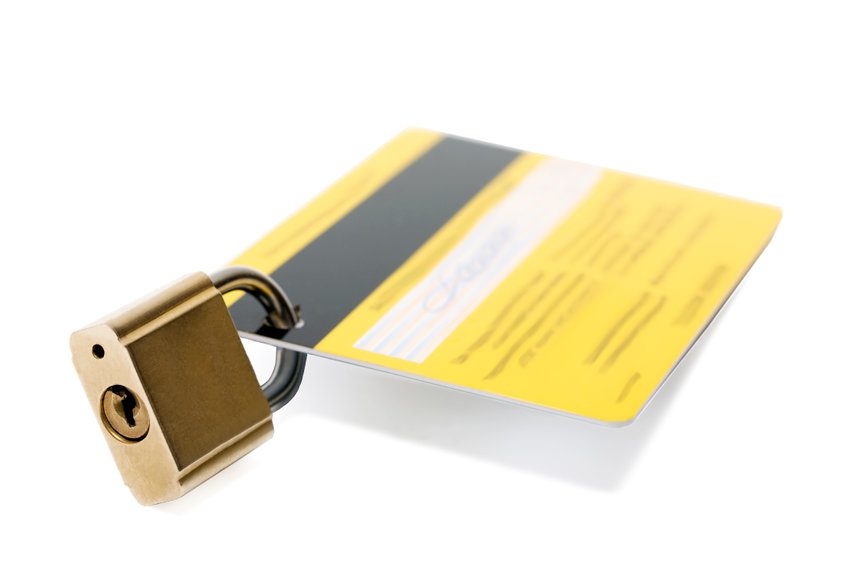As a salary earner, it is possible to fall into the trap of putting off savings until your next paycheck. Also, as income increases, there is the propensity to raise one’s standard of living. And if you’re living beyond your means, you might be in for a financial mishap. This article discusses how to save money each month from your salary and achieve your future financial goals.
Ways To Save Money From Your Salary
1. Have a budget
Have a spending plan already in place before you receive your salary. Use a budgeting app that works best for you. And if you prefer writing it down on a notebook, it’s fine. Prioritize saving money and your necessities like housing, transportation, and food. Once this is done, you can flex on the rest.
2. Set savings goals
One of the best ways to save money is to set a goal. Are you getting married, going for a vacation, or saving for retirement? Knowing what you want in the short and long term gives you an idea of how much you need and how long it might take you to save it.
3. Automate your savings
You should set up automatic transfers from your bank accounts to your saving or investment apps. This gives no room for any excuse and makes you able to save money from your salary even easier.
4. Track your actual spending
One of the reasons it seems difficult to save money is because we do not care to account for all our expenses. Budgeting only is not enough. Tracking your actual spending lets you know how your salary is spent. This helps you know what to cut to save properly.
5. Reduce costs on major expenses
As earlier mentioned, the three most necessary expenses are housing, transportation, and feeding. But can you find ways to reduce their costs and still leave more money to save from your salary? Reduce food costs by having a meal plan or taking advantage of discounts. Use public transport once in a while instead of ordering Uber on every occasion.
6. Be conscious of your utility usage
If you use a prepaid meter in your residence, you will understand this already. Unplugging your smartphone and electronic appliances, when not in use, could lower your electricity bill. Before turning on the A/C, make sure your room is well-ventilated or perhaps, turn on a fan. Also, don’t forget to use energy-saving LED bulbs.

7. Lock your money
This sounds harsh, but if you are intentional about saving towards a financial goal, you have to make access to your savings inconvenient. When your money is less accessible, you’ll rethink making the expense. You can lock your money in the popular money-saving apps or have it in a separate bank account where you have neither an ATM card nor a bank app.
8. Remind yourself of your priorities
Remember your long-term goals. For example, if you know you’re replacing your car soon, remind yourself that you’re putting money away for that purpose. This keeps the goal to prioritize savings in mind and helps you stay disciplined.
9. Stop impulse buying
Make your online shopping taxing. Don’t save your credit card information. This creates some hurdles if you have to enter your details every single time. Impulse buying is a thing, and online retailers know what they are doing by having a one-click “Buy Now” button!
10. Reduce your subscription services
With several subscription services out there like Netflix and Amazon Prime, entertainment is a black hole that can suck a lot of your money. You may want to evaluate your current paid subscriptions. As an alternative, consider relatively inexpensive outdoor activities like hiking and in-house game nights.
11. Avoid debts
Avoid the debt trap. The idea is to save money. Don’t take on debt unless you have a really good enough reason.
12. Save your salary bonuses
Anytime you get a raise or a bonus, it’s tempting to want to flex. Fight that temptation and put that extra money straight into savings. Just because you make more doesn’t mean you have to spend more!
13. Saving for the future you
Remember that saving is all about paying yourself first. Paying yourself first means saving for the future you. In the future, you may face a crisis, leave your job, or need to start a business. Have you asked yourself how you will fund these circumstances?
14. Have an accountability partner
Get a friend or partner to check you and your spending. Have someone that helps you keep your savings commitment and works with you to achieve your goals.
15. Stop trying to impress people
Finally, this is a quote from the book “The Psychology of Money” by Housel Morgan: “Spending money to show people how much money you have is the fastest way to have less money.”
How much should you really save?
The truth is personal finance is personal. You can choose to leave 50% for living expenses and 50% for savings, but there is no general rule. Everyone has their individual goals, income, and living expenses. However, the key to achieving your financial goals is setting up a savings plan that works for you.
Here at Leadway, our Target Plan helps you meet future financial targets and obligations. Whether you have short-term goals like studying abroad or long-term goals like retirement, we take them all into account and make your savings easy.












